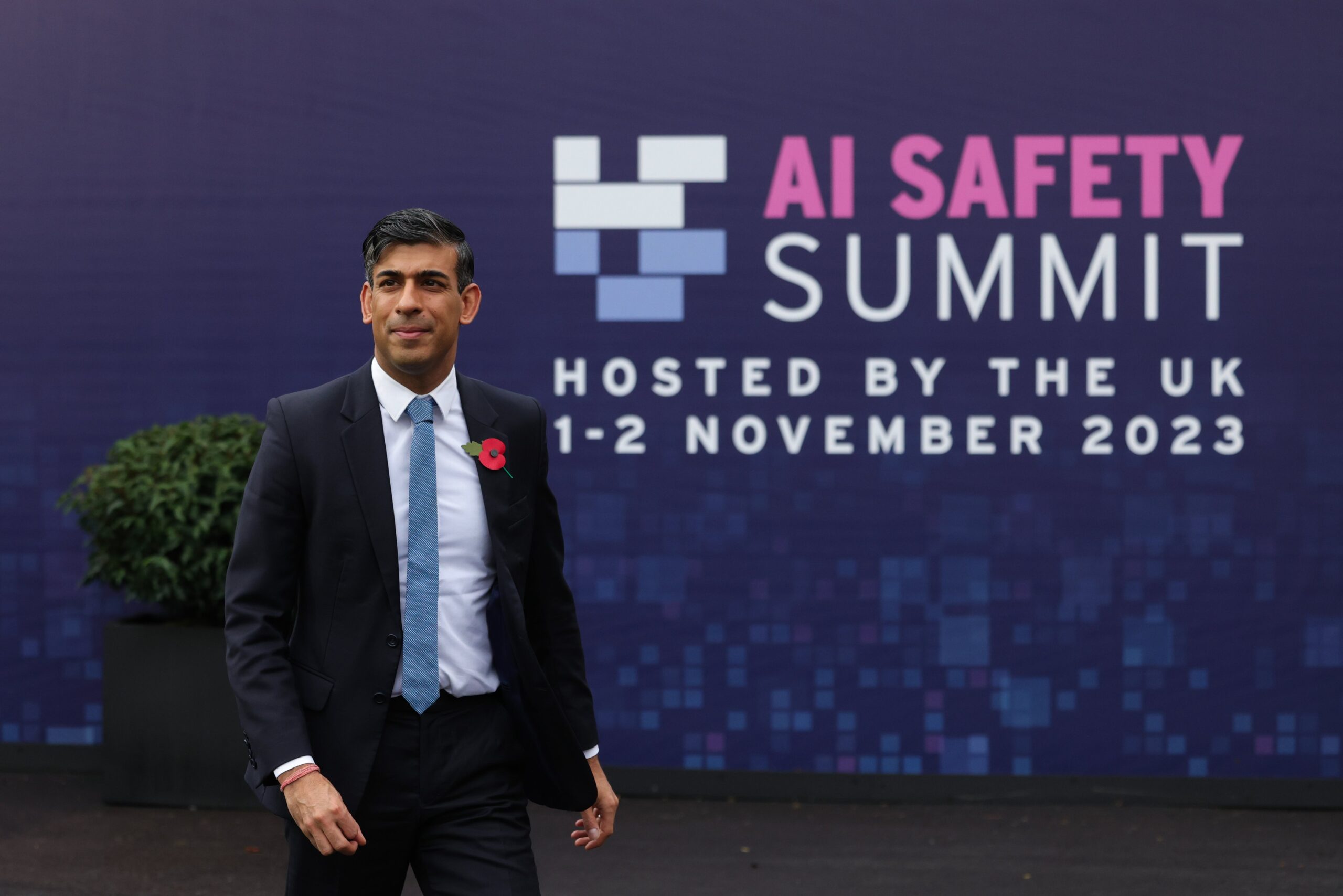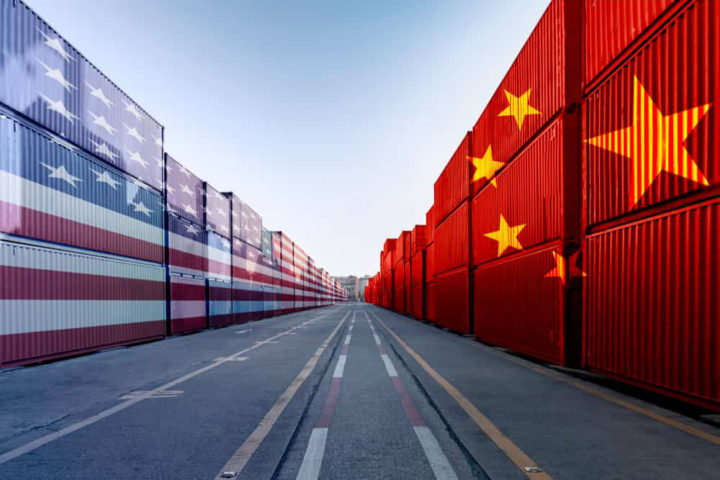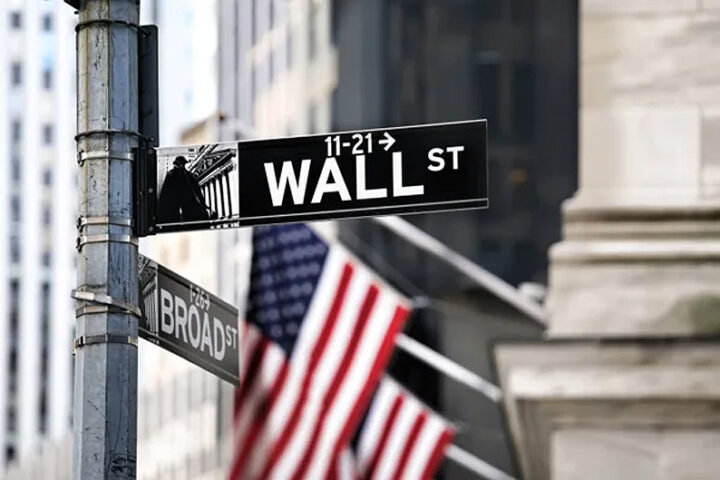Rishi Sunak will miss a golden opportunity to take the lead in artificial intelligence safety if governments do not get tough on regulation, said the CEO of a leading independent financial advisory and fintech.
The UK Prime Minister convened the first AI safety summit at Bletchley Park, reportedly drafting a communique to be signed by politicians and leaders from Canada, India, South Korea, Japan, Singapore, Spain, the US, China and the EU.
Tech executives including OpenAI chief Sam Altman and Elon Musk, head of X, formerly Twitter, and leading tech academics from around the world were also at the two-day event.
“The summit is a major part of the UK’s bid to shape global rules and scrutiny for AI. It’s being described as a legacy-defining moment for the PM,” said deVere’s Nigel Green, warning that Sunak is missing a golden opportunity to take the lead on one of the most important issues of our time.
“While there’s much talk and debate about the potential for serious, catastrophic harm posed by advanced or frontier AI technology, and even an existential risk to humanity in the coming decades, the talk stops short of urging governments to impose specific regulations.
The summit — billed as a legacy-defining event for Sunak — is focused on extreme risks such as AI’s possible scope to develop biological and chemical weapons.
“To be blunt, there is no AI safety without AI regulation of certain sectors, including the financial one. Both need to go hand-in hand.”
Sunak said that on Wednesday, “we agreed the first ever international statement on the risks around AI. Today, I’m at Bletchley Park to discuss the global priorities for AI in the next five years, as well as what action is needed to ensure AI develops safely so it can be a force for good.”
Away from the summit, US Vice President Kamala Harris gave a speech in London about her government’s response to AI, days after US President Joe Biden signed an executive order on the issue.
Harris reportedly said that AI models already in operation today also posed “existential” dangers.
“When a senior is kicked off their healthcare plan because of a faulty algorithm, is that not existential for him?” she asked.
While British officials played down any divergence with Washington, one tech chief executive said the US stance meant that the country, home to some of tech’s biggest titans, did not “want to lose our commercial control to the UK”.
Necessity to protect consumers
Green, an advocate of regulating the cryptosphere as well, said that the need for regulation in AI is no longer a matter of debate. “It is a necessity to protect consumers and businesses, to ensure fairness and equality, and to maintain the stability of markets and economies, and the global financial system.
“While regulations should strike a balance to avoid stifling innovation, it’s time for governments and regulatory bodies to collaborate with industry stakeholders to draft and implement comprehensive AI global regulations that will shape the future of financial services. This could have been the event to get the ball rolling.”
The deVere chief executive explained that AI, being a borderless technology, requires global cooperation and agreement on standards and principles – not just on wider safety issues, but on specific regulatory ones too.
The summit should have aimed to bring together nations and financial regulators to create a cohesive framework for AI regulation for certain key sectors. Unfortunately, the lack of consensus is likely to lead to fragmented approaches, with each nation continuing to develop its own rules and guidelines, Green said.









